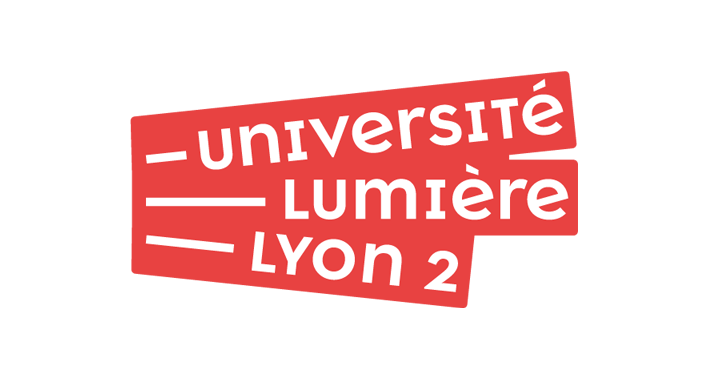to 17 March 2023
After six months of remote work, students and partners of the SHAKIN’ project came together at the Winter School from 13 to 17 March 2023, hosted by the University of Lyon 2.
Since October 2022, after a first gathering as part of a workshop week in Weimar, students from University of Lyon, Bauhaus-University of Weimar and University of Arts in Belgrade have been working on international projects tackling various questions related to subaltern knowledge. This Winter School was mainly dedicated to the collective construction of the students’ projects and to local experimentation. Five projects have been experimented: some at the University of Lyon, some in other places (CCO Villeurbanne, Paradox Lyon, Goethe-Institut Lyon). The projects took on diverse forms (graffiti and fanzine workshops, screenings, exhibition, etc.) and were experimented with peers, partners and a wider audience.
Find out what the students have been working on!
What do we keep?
"What do we keep?" aims to explore the subaltern knowledge that is held within our objects. The project asks questions about the ways in which we transmit and acquire objects, how we remember our histories, and how we pass along our memories. A memory game illustrates our research work (a diverse set of interviews) and an object fair embodies the experience of story exchange-value in objects. Our workshops aim to bring forth a diversity of knowledge and personal stories. And they create a collective moment where participants engage to reflect on personal backgrounds, shared values, and the material and non-material dimensions of objects.
Paula Sawatzki, Maïa Paounov, Theresa Piening, Yichen Guo, Ana Maticevic, Ivana Erdevicki, Vedran Pean, Angèle Michaud

GRAFFITIS NOT DEAD
Our fanzine is thought as an experimental gesture, a committed artistic object which allows us to affirm the "subversiveness" of graffiti and why it is subaltern through research which we transform it to a physical object investigating different forms and concepts of graffiti. This includes personal documentations, exploring the variety of its locations, discussing its role in politics and urbanisation, etc…
Christopher Nagorr, Julie Merwin, Marion Dupressy, Jasmina Vujadinovic, Anna Gorelik, Solène Desurmont, Elsa Haiby

Student places

Melisa Yildiran, Oscar Mijangos, José Miguel Saavedra Ramirez, Clara Pontello, Angelina Raznatovic, Teodora Adamovic, Théo Vion
Perreo Periferia: A feminist exploration of Reggaeton

For our project we were curious about the changes that occur when a subaltern genre, such as reggaeton music, becomes mainstream. Does it still maintain its original qualities? And what happens when individuals who were previously marginalized, specifically women and queer identities, contribute to the genre and bring new life to it? Our research project aims to explore these dynamics through interviews, surveys, artworks, and iconography dedicated to reggaeton. We will be showcasing our findings at an exhibition in Lyon, as well as making the information available online through a website dedicated to the genre's diegesis.
Lena Paffrath, Estefania Henriquez Cubillos, Johnny Ning, Lola Lambert, Sasha Krasinskaya, Tane Laketic, Lina Allia
Beyond the Body
The question of subalternity is tackled through a narrative of work tools, testimonies and a setting in situation. By interviewing people with disabilities, the realities of their working situation are reviewed. What defines their workplaces?
Annika Knapp, Lucie Castino, Théo Dussauzet, Vana Omar, Tamia Herrera Perez, Marie Muscat

Useful information
Partners






